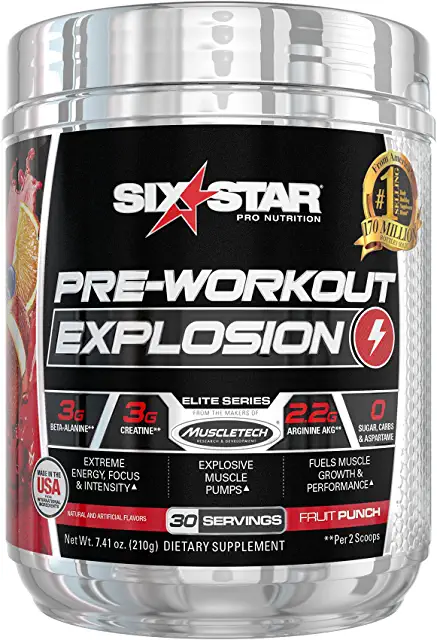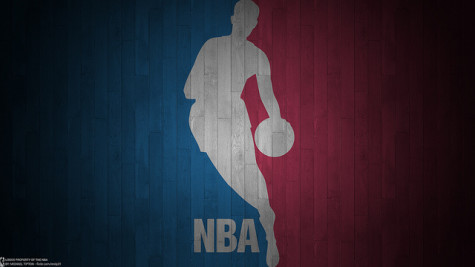How Much Do You Know About Your Pre Workout Supplements?
It is not uncommon for high school and college athletes to take protein powder, but the use of other supplements like pre workout and creatine have leagues like the NCAA and NEPSAC questioning the legitimacy of some athletes’ performances.
The inclusion of popular sports drink Celsius on the NCAA in the 2021-2022 Banned Substance list has caused a controversy amongst both athletes and coaches. Do brands that claim to be performance-enhancing live up to expectations or are they actually harmful? Many athletes have a pre-game ritual of stocking up on pasta and chicken, but in the last ten years many have added supplements to their diet in the belief it will enhance their performance.
Blayne Lapan, Williston’s Head Strength and Conditioning Coach, doesn’t support his athletes taking any pre-workout substances
“I don’t recommend any supplements for our athletes. The only exception would be a protein supplement and a multi vitamin,” Coach Lapan stated. “With that said you still have to be very careful because no supplement is approved by the FDA. You have to get supplements that are 3rd party tested by a reliable organization, and you have to make sure there are quality ingredients and that are not loaded up with artificial substances that could be harmful.”
think supplements can be a dangerous thing because there are so many products on the market that make false claims and don’t actually have any beneficial ingredients in them,” he added.
Lapan gave some helpful suggestions to athletes to replace the use of supplements with something more beneficial and researched.
“The most impactful thing an athlete can do is to focus in on a whole-foods diet to ensure proper intake of all macronutrients (protein, carbohydrates, and fat) and dial in our sleep hyenine. Nothing is more impactful for our athletes than this, and supplements can pose inherent risks.”
Of the students that responded to the Willistonian’s survey, 41% say they consume some sort of supplement to help enhance their athletic performance. L theanine, fish oil, Sparx Energy (amino acids), electrolytes, magnesium, various protein powders, and creatine were all recorded as taken on a regular basis.
Creatine is an organic compound found naturally in muscle cells, but many athletes supplement the natural supply with the powder form. While this drastically enhances muscle growth and rises energy during a workout, there have been negative side effects recorded.
According to Mount Sinai, an online health database, high doses of creatine have been linked to kidney failure and may prevent the body from creating creatine naturally. They state that a survey conducted found that many teens take more creatine than they should and that the product has not been tested for efficiency or safety in those under 19.
The NCAA has not restricted the use of the supplement, but it has still created health related questions of teenage athletes. Coach Lapan also stated many supplements “have ingredients that are banned from the NCAA,” that many athletes don’t realize due to lack of research.
Herrick Stevenson, a sophomore multi-sport athlete with an avid passion for lifting says his experiences with supplements have been nothing but positive.
“I take magnesium, fish oil, protein powder, and pre-workout about once a day with no side effects,” Herrick said.
Many companies like Celsius and pre-workout market their products toward student athletes for profit rather than genuine interest in better athletic performance. One common pre-workout brand, C4, stated in one of their commercials that the product was “built to take your energy, endurance, pumps, and performance to the next level,” all things high school athletes are striving to achieve. Even brand names like Optimum (a protein powder) are designed to attract athletes looking to get better on the field and in the weight room.












